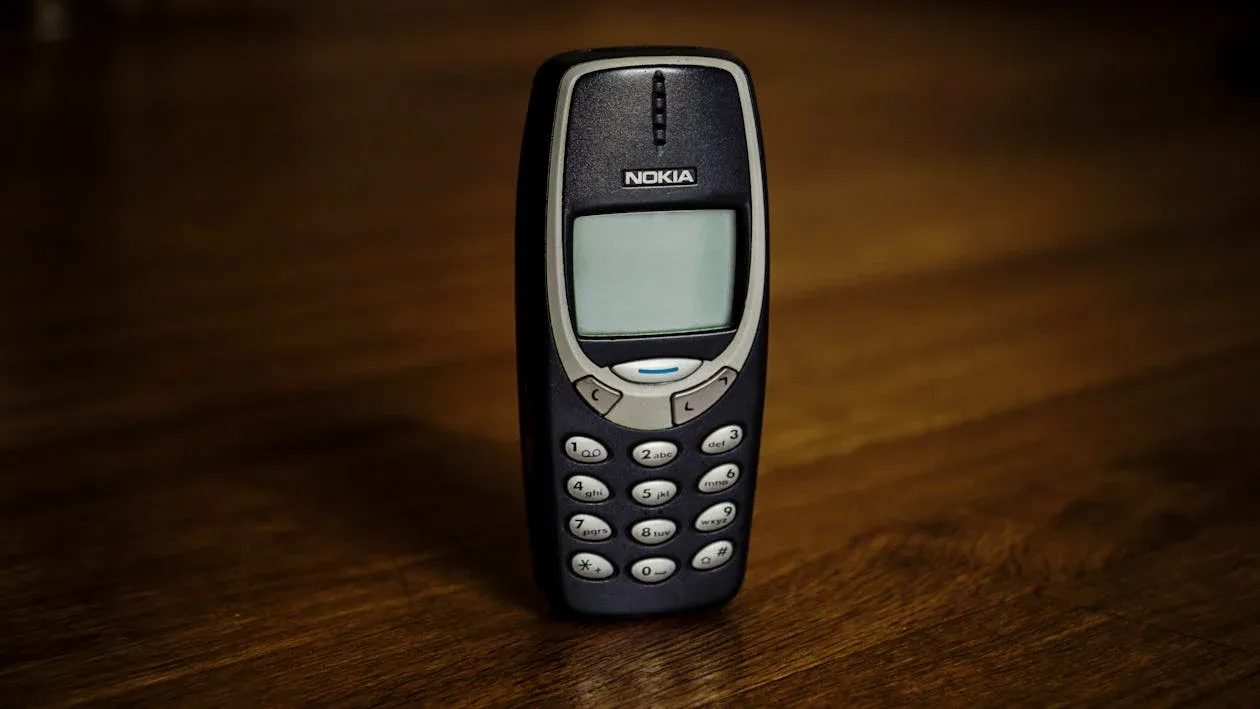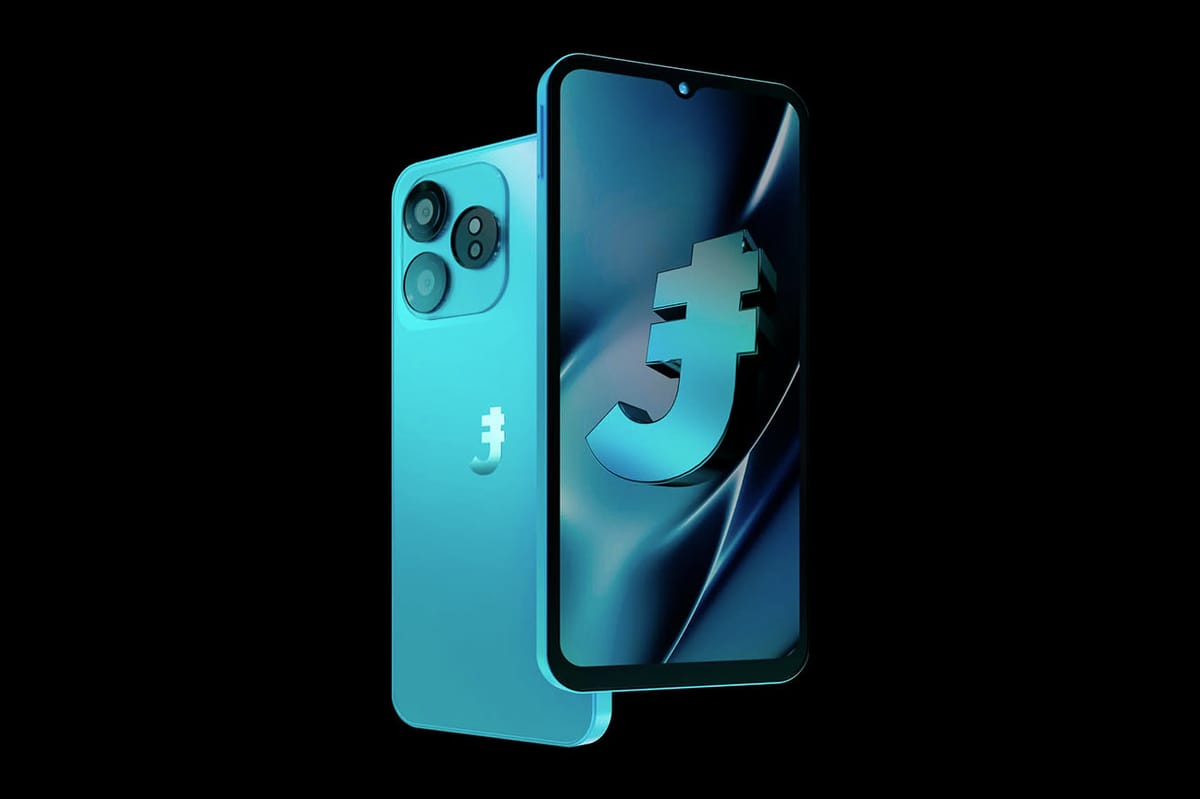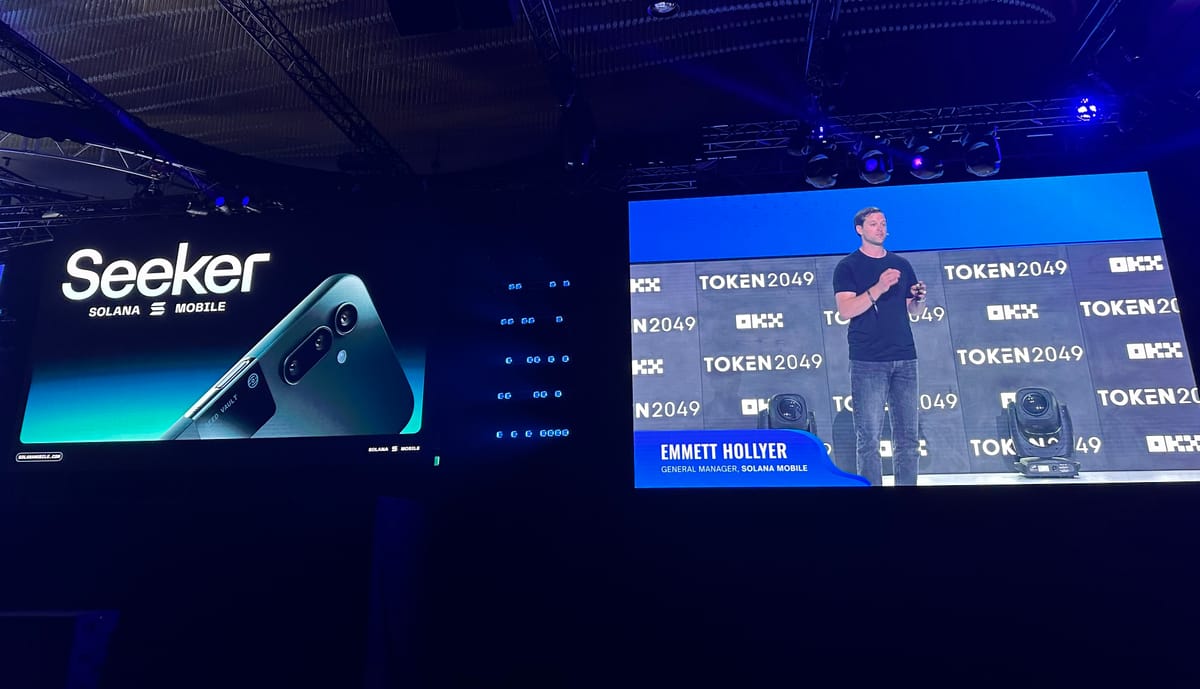Table of Contents
Nokia has filed for a patent designed to encrypt digital assets as part of the Finish telecom giant's foray into digital asset security.
According to a disclosure by the China National Intellectual Property Administration (CNIPA), the patent is on a "device, method, and computer program" for digital asset encryption. The patent outlines a program capable of encrypting digital assets and managing indexes for encryption processes.
Specific details remain unclear but the application is yet another development in Nokia's focus on blockchain and security. In 2018, Nokia partnered with Steamr and OSloft to help customers monetize their data using blockchain, marking their first move into decentralized technology.
Three years later, the company introduced the Nokia Data Marketplace, a blockchain-based platform designed to facilitate secure data transactions and analytics. Utilizing permissioned blockchain technology, the marketplace emphasizes controlled access and enterprise-grade data infrastructure.
In 2023, Nokia expanded its innovation efforts into the metaverse, creating a 5G-connected microbrewery. Through this initiative, researchers in Germany and Australia collaborated on beer brewing experiments through augmented reality, simulating processes to refine recipes digitally.
Nokia also announced in March plans to enhance its network architecture to accommodate emerging innovations, anticipating a 22% to 25% increase in demand by 2030.
The firm isn't the only telecoms giant exploring the digital asset ecosystem. Taiwan Mobile, the nation’s second-largest telecom operator, secured a virtual asset service provider (VASP) license in July. Nokia also holds a VASP license from Taiwan’s Financial Supervisory Commission. The license allows the company to establish a digital asset exchange.
Meanwhile, both Solana and Jambo have revealed the upcoming second iterations of their Web3 phones.
Like its predecessor, the JamboPhone will cost $99. According to the team, their first device, the JamboPhone, is now the most globally distributed Web3 mobile phone. JamboPhone targets users in Africa, Southeast Asia, and Latin America and is available in over 40 countries when it first launched.
The device is integrated with the Aptos network via pre-installed apps, such as the Aptos-compatible wallet Petra. It also aims to educate users about Web3 markets including DeFi and gaming.
Building on that success, the JamboPhone 2 introduces advanced improvements like the next-generation JamboGPT, fine-tuned specifically for crypto knowledge in real-time powered by the most cutting-edge large language model (LLM).
Emmett Hollyer, general manager of Solana Mobile, announced Seeker at Token2049 in Singapore, revealing that presales for the device have surpassed 140,000 units across 57 countries.
Scheduled for release in 2025, web3 mobile development has been boosted in the Solana community including ecosystem teams building dApps, rewards, and features exclusively for the Seeker.
Features of Solana Seeker include a seed vault wallet, Solana dApp Store 2.0, Seeker Genesis token, and improved hardware.












